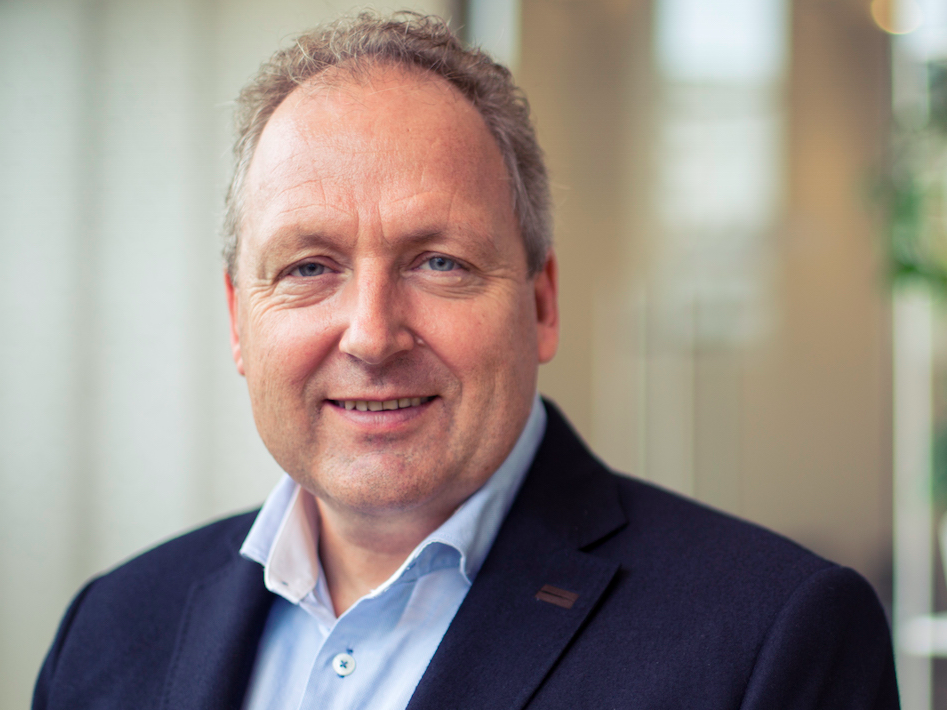The CEO and founder of cloud-based accountancy software giant Xero says artificial intelligence (AI) and machine learning technologies will be “transformational” for finance over the next few years.
Rod Drury told Business Insider during a recent interview in London: “We’ll see more innovation in the next 2 years than we have in the last 10 years, all driven by AI.”
The Xero founder says: “We’re getting a massive hit on the R&D we’ve done around machine learning and AI. We think it’s going to be transformational for the industry.
“If you capture information from the bank statement and the invoice and the bills that are flying through, you can actually programme things to do a whole lot of work for you and you’re just checking and making fixes, which trains the machine.”
Xero’s accountancy software helps small and medium-sized businesses manage their accountants in the cloud but Drury believes much of the management – things like categorizing expenditure and sending accounts to be checked – could be automated by “smart” AI and machine learning programmes, which learn the habits of your business. “You can build unique system for each business,” says Drury.
"The first innovation in cloud accounting was actually getting these transactions into the cloud. The second generation that's happening now is getting all these big data, machine learning, AI, over these massive data sets which is super interesting."
Gary Turner, Xero's UK MD, added: "Specialised AI is, I think, much more interesting. We're taking a discreet function or process that either doesn't exist today because someone hasn't had access to such a large data set or automating what was previously important but not really value additive, tasks like accounting."

Drury, who founded Xero in New Zealand in 2006, says the benefits of AI and machine learning technologies will be felt in the wider finance world too.
"We're getting a fantastic hit because the fintech space is a relatively small domain with massive amounts of data and it's inherently high value. I think it's going to be one of the areas where you see AI and machine learning really take off. The ability to reduce risk for banks, fraud reduction."
There has been a surge in interest in AI over the last few years with tech giants like Google and Facebook investing hundreds of millions into the field in a bid to make their platforms and personal assistants smarter.
This new appetite for AI, which comes after a period known as the AI winter, has come about partly as result of advances in computer processing power and partly as a result of advances in subfields like deep learning and reinforcement learning. Algorithms underpinned by AI are now capable of learning and mastering the most complex board games, driving cars, and detecting cancers.
However, advances in AI and machine learning, as well as robotics, have led to fears that many people could be put out of a job by machines and computers. The World Economic Forum claims the world is on the cusp of the "Fourth Industrial Revolution," caused by the rise of robots and artificial intelligence. WEF estimates that these technologies could potentially put 5 million people out of work by 2020.
A joint study by Citi and Oxford University earlier this year estimated that an incredible 77% of jobs in China could be at risk of automation, while the figure stands at 57% of jobs across the OECD. Foxconn, Walmart, and the US Department of Defence - 3 of the world's top 10 employers - have also already begun replacing manufacturing, warehouse, and combat roles with robots.
Unfortunately, most of the conversation is restricted to the Hollywood AI, Skynet Terminator and that kind of thing. - Gary Turner, Xero UK MD
Drury says that Xero's adoption of AI will not mean the end of accountants - but says they will need to change with the times. He told BI: "We don't think this is the end of the accounting industry, we think a lot of the manual process goes away and then it becomes about growth strategies and actually thinking about the business.
"We're seeing accountants become more like business consultants. They need to know about crowdfunding because for early stage businesses that might be the right way to get funded. They need to integrate point of sale systems to accounting software. As the software gets smarter it just creates more and more opportunities to add value."
BT CEO Gavin Patterson and HSBC CEO Stuart Gulliver made a similar point at the HSBC Innovation Summit on Friday. Patterson told the audience: "It's quite possible that 80% of the jobs that people do today won't exist in the future," while Gulliver added: "There may be new jobs that emerge and our responsibility is to manage that transition."
Xero's UK MD Turner says: "More specialised application of AI we think is maybe only a year or two away. That's much more about extending the ability of an individual rather than replacing them.
"But unfortunately most of the conversation is restricted to the Hollywood AI, Skynet Terminator and that kind of thing."
Xero has over 700,000 subscribers around the world and employs 1,600 people globally, including 172 in London. The company has a market capitalisation of NZ$2.4 billion (£1.4 billion) in its native New Zealand.
